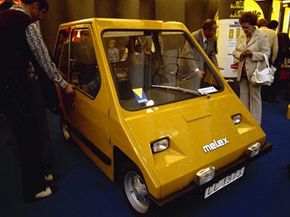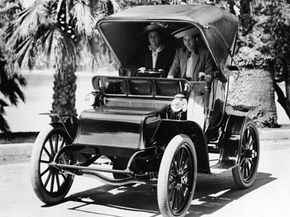In many places in the United States, especially in big cities, it's impossible to avoid cars. Automobiles have become such a big influence on American life and culture, that they've actually shaped a good deal of its history and continue to influence the present and future, too.
The majority of the cars on the road in the United States are gasoline-powered cars. And those engines use the Otto cycle, a four-stroke combustion cycle named after German engineer Nicolaus Otto, to compress and combust gas and air and turn the resulting energy into motion. Although gasoline and diesel-powered cars and trucks have been the main type of transportation since even before Henry Ford introduced his Model T, critics have long-bemoaned the United States' dependence on oil for gasoline and the poor fuel efficiency most conventional cars typically get. They say that this is not only costly for drivers, but harmful to the environment, too.
Advertisement
A small percentage of the automobiles out there, however, are what we call alternative-fuel vehicles or hybrid vehicles. These types of cars are gaining lots of exposure lately, especially since these fuel-efficient vehicles use novel ways of saving fuel, reducing emissions and encouraging eco-friendly driving. However, they currently make up a fairly small percentage of cars on the road in the United States -- only about 40,000 hybrids were sold in 2008 [source: HybridCars.com].
Although it's difficult to imagine in our current situation, with gasoline engines rumbling around us left and right, there once was a time when fully electric cars were popular and showed potential for mass production. And no, we're not talking about the 1990s, when newer electric vehicle prototypes were starting to gain popularity -- we're talking about the 1890s, when gas-powered cars were first sputtering into existence. Electric cars may seem like a new and futuristic thing, especially as the three major U.S. car companies work on plans for showroom-ready electric cars, but those automakers are actually reaching far back into the history books to bring back a rather old idea.
So, are you wondering about the history of electric cars? What were the first electric cars like? Did the first purveyors of electric cars have green driving in mind? Keep reading to find out.
Advertisement



